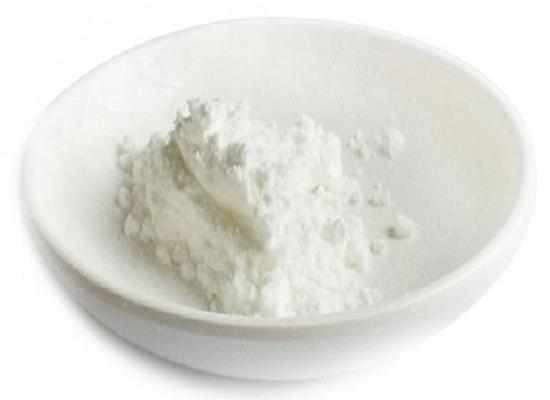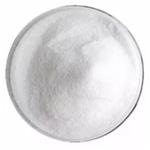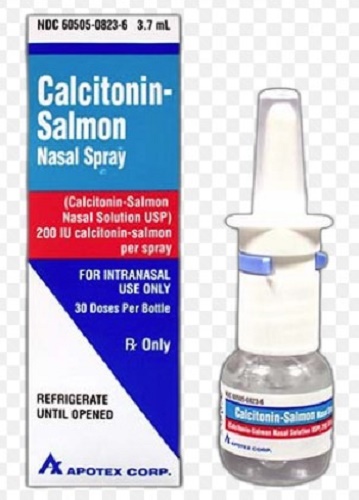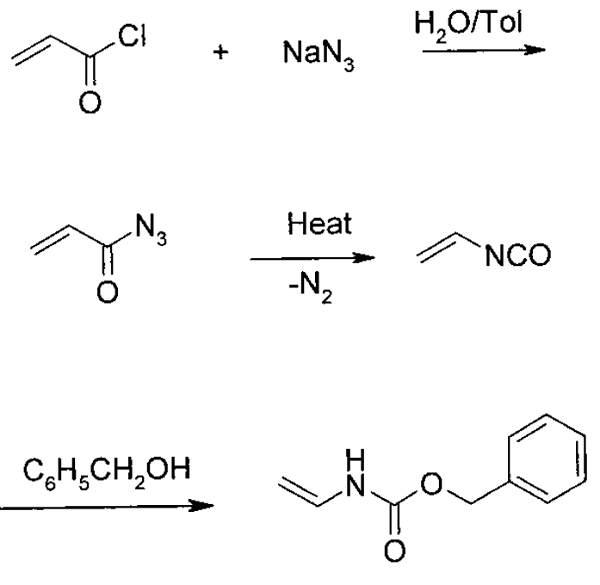Calcitonin Salmon: Overview, Physiology and Pharmacology
General Description
Calcitonin salmon (SCT) has been available as a therapeutic agent for metabolic bone disease for more than 30 years. It is approved for the treatment of postmenopausal osteoporosis in more than 90 countries. Other approved indications include Paget’s disease, bone associated pain conditions, and hypercalcemia (emergency, for injectable salmon calcitonin). Nevertheless, approved indications vary from country to country.
As one of the first available antiresorptive osteoporosis therapies, calcitonin salmon has established its efficacy and favorable safety profile over several decades. The past 5 years have provided new insights into the effects of SCT in preserving bone quality (trabecular microarchitecture) as a possible mechanism for its anti-fracture efficacy. Calcitonin salmon is commercially available as an injectable form and as a nasal spray. A new oral formulation has been recently developed, and data from the first clinical trials indicate a potential utility not only in osteoporosis but also in osteoarthritis.1
This article will introduce its physiology and pharmacology.

Figure 1. Calcitonin salmon
Physiology and Pharmacology
Calcitonin is a 32-amino-acid peptide secreted by the Ccells of the thyroid in mammals, and by the ultimobranchial glands in submammals. The hormone was discovered by Copp et al. in 1961 as a substance lowering blood calcium. Synthetic or recombinant calcitonins from different species, including human calcitonin, porcine calcitonin, eel calcitonin-derivative and SCT, have been used for medical purposes. Calcitonin salmon is, by far, the most widely used preparation in clinical practice due to its 40-50 times higher intrinsic potency when compared to human calcitonin, and its improved analgesic properties.
However, even 45 years after its discovery, the physiologic role of calcitonin is not fully understood. Calcitonin acts in collaboration with parathyroid hormone and 1,25 dihydroxycholecalciferol to mediate and “fine tune” short-term calcium homeostasis, particularly at times of “calcium stress”, such as pregnancy and the postprandial state. Initial findings of osteopenia in calcitonin knockout mice (CT/CGRP−/−) were not corroborated, and no bone pathologies have been associated with hypo- or hypersecretion of calcitonin in humans. In healthy subjects with normal calcium levels only subtle, transient calcium-lowering effects are observed following the administration of calcitonin salmon. In hypercalcemic states, however, calcitonin, when used at high doses by parenteral route, leads to marked, though primarily transient reductions of elevated calcium levels. In these conditions, the calciumlowering effect of calcitonin salmon is characterized by a rapid onset of action, i.e., usually within two hours. The calciumlowering effect is primarily due to the reduction of bone resorption by inhibition of osteoclast activity, as well as possibly osteoclast number and secretory activity. An increase in renal calcium excretion has also been described and may contribute to the fast onset of the calcium-lowering effect of calcitonin salmon in hypercalcemic stages.1
References:
[1] C H CHESNUT. Salmon calcitonin: a review of current and future therapeutic indications.[J]. Osteoporosis International, 2008, 19 4. DOI:10.1007/s00198-007-0490-1.Related articles And Qustion
See also
Lastest Price from Calcitonin salmon manufacturers

US $5.00/Box2025-04-28
- CAS:
- 47931-85-1
- Min. Order:
- 1Box
- Purity:
- 99.99%
- Supply Ability:
- 20000 boxes

US $5.00/Box2025-04-21
- CAS:
- 47931-85-1
- Min. Order:
- 1Box
- Purity:
- 99.99%
- Supply Ability:
- 20000 boxes



